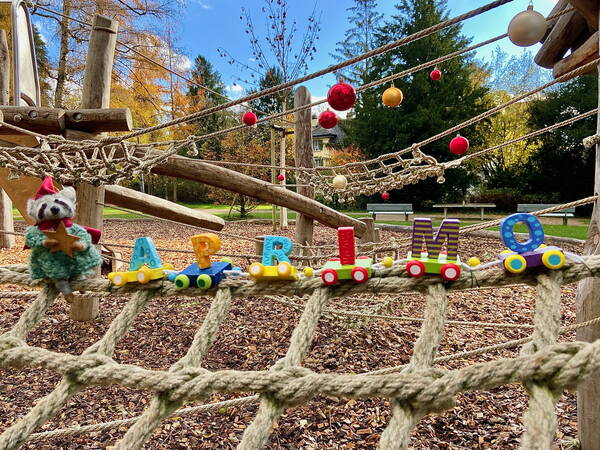The a:primo success story
The founder and co-director of the a:primo association, Erika Dähler, can look back on ten successful and eventful years.
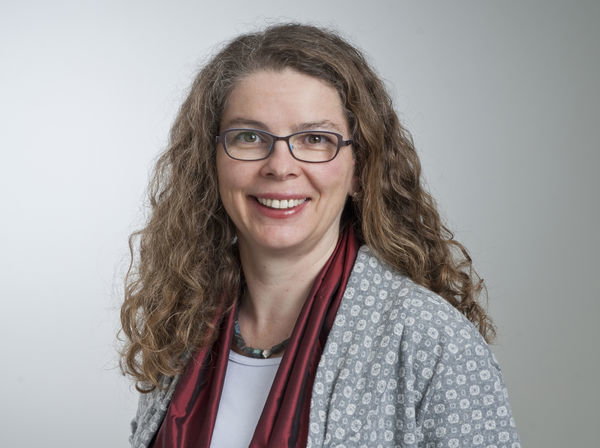
In 2003, I was lucky enough to get to known the Opstapje programme run by the Netherlands Youth Institute (NJi) during a study trip to Holland. The resource-oriented approach and the holistic inclusion of the parents in the support and promotion of their children won me over immediately. One noticeable factor was that the programme not only focused on the child but also strengthened the parents’ skills, thereby avoiding dependencies. They also developed a very successful approach for how to attract families to the programme who were difficult to reach.
At that time, I was working as the Integration Officer for the city of Rorschach and was looking for effective ways to integrate families with a migration background.
I was also working as a school social worker and supported educationally disadvantaged young women with their choice of profession.
I repeatedly experienced how difficult it is to integrate young people with a poor academic performance into the professional world at the end of their schooling. If you look at the biographies of these pupils, you can say that many of them have received comprehensive and costly educational support that achieved frustratingly little in the way of effect because the parents were barely included and the support services started many years too late. Discussions with kindergarten teachers confirmed for me that support should begin before a child even starts kindergarten in close collaboration with the parents.
I became convinced that Switzerland needed a service like Opstapje. It was clear to me, however, that significant adjustments would need to be made for Switzerland. As the provider of Opstapje, the Netherlands Youth Institute referred me to the German Youth Institute to adapt the programme as they had just published the initial results of their pilot implementation of Opstapje in Germany. The German Youth Institute encouraged me to adapt Opstapje for Switzerland and also provided enthusiastic support after I made contact with them.
Numerous talks on the topic lead to fruitful contacts with various specialists in the fields of social work and education. I kept receiving a great deal of encouragement to introduce Opstapje. Based on these reactions, the idea for a:primo and schritt:weise was born, and in 2006 the association was finally founded. The founding members were Erika Dähler, Christine Knaus, Marco Dörig, Alice Kistler and Mona Baumann. In 2007, the city of Bern was the first location in which schritt:weise was implemented in German-speaking Switzerland. Winterthur, Ostermundigen, Basel and St. Gallen followed shortly afterwards.
a:primo and schritt:weise have since grown. schritt:weise is now an independent development of Opstapje, which continues to be committed to the quality standards of the Netherlands Youth Institute and the philosophy of Opstapje. a:primo has a long partnership with the Netherlands Youth Institute, and both associations provide one another with many ideas for the further development of the programme.
It fills me with joy that the spark of schritt:weise has spread to so many locations, that we have been able to get a foothold in French-speaking Switzerland with petits:pas and that to date we have reached around 1500 families across Switzerland.
Since 2017 a:primo offers a second early childhood development programme, which supports the transition from pre-school to school. ping:pong is currently in the pilot phase.
2007

2008

2009
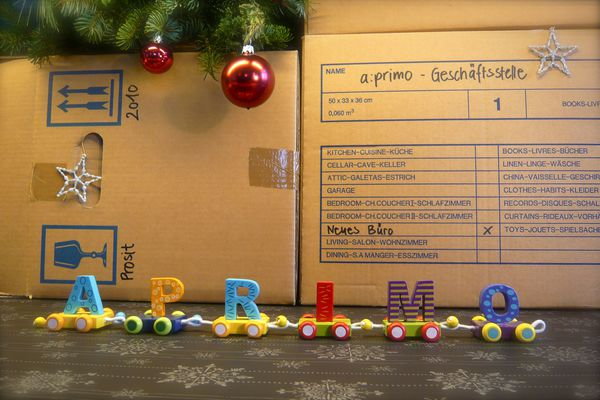
2010

2011

2012

2013
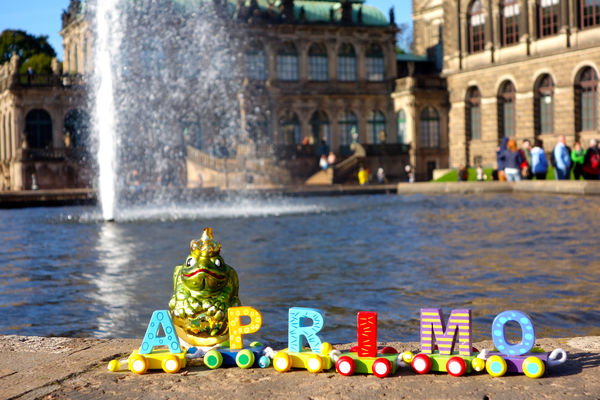
2014
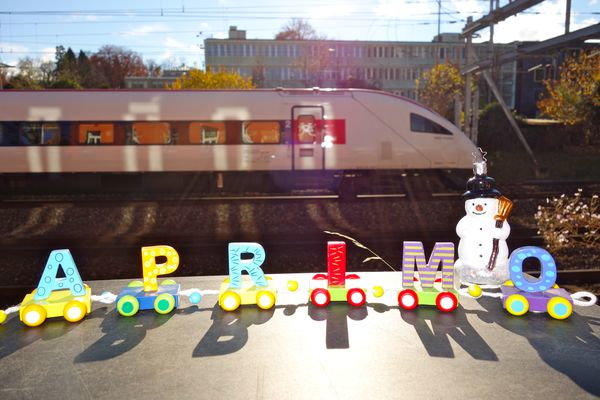
2015
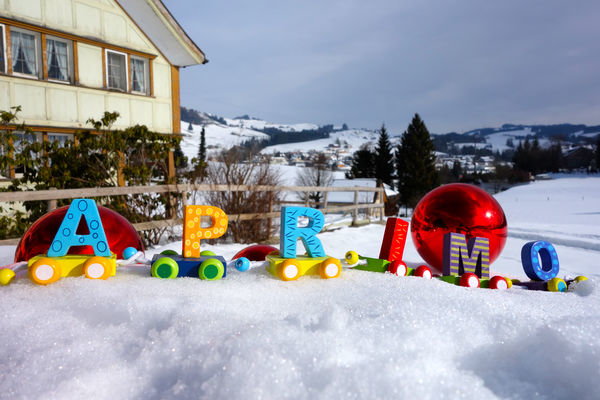
2016

2017
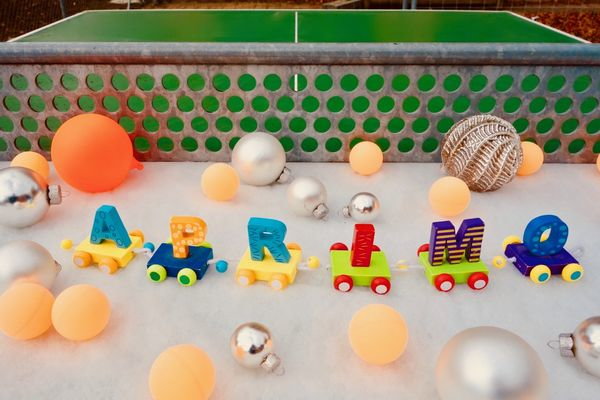
2018

2019

2020
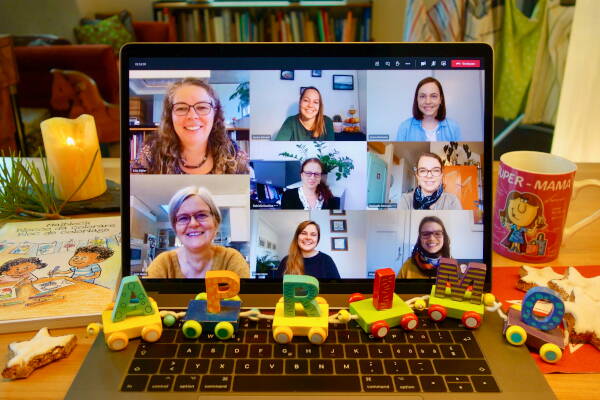
2021

2022
